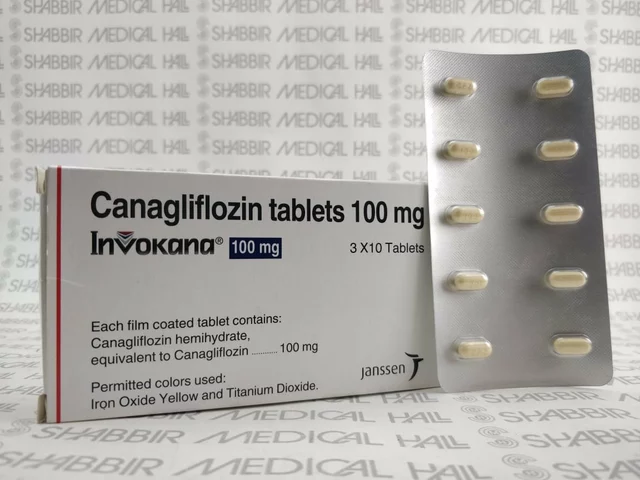Aging: Practical health tips that actually help
Getting older doesn’t have to mean losing control. Small, consistent choices make the biggest difference: staying active, protecting your bones, checking medicines, and choosing supplements that matter. This page brings together quick, useful actions you can start today and links to detailed guides if you want to read more.
Move smart. A mix of walking, balance work, and twice-weekly strength sessions keeps muscle and bone strength up and cuts fall risk. You don’t need a gym: bodyweight squats, chair rises, and light dumbbell rows do a lot. Aim for steady progress—add a few reps or more weight every week.
Eat for strength. Older bodies need steady protein, calcium, and vitamin D. Try to include a source of protein with each meal—eggs, beans, fish, dairy, or lean meat. If you can’t get enough calcium or vitamin D from food and sun, talk to your clinician about simple supplements. If your doctor mentions medications for bone loss, like Fosamax (alendronate), ask about benefits and side effects so you can weigh the options clearly.
Supplements and antioxidants: what’s useful
Antioxidants get a lot of hype, but some show promise for aging tissues. Superoxide dismutase (SOD) supplements are popular for reducing oxidative stress—some people notice better recovery and skin benefits, but results vary. Fig supplements and herbs like Asparagus racemosus (Shatavari) are trending for general wellness; consider them as small additions, not replacements for good sleep, nutrition, and exercise.
Two rules for supplements: choose reputable brands with third-party testing, and tell your doctor about every pill you take. Supplements can interact with prescriptions or affect lab tests, so keep your healthcare team in the loop.
Medication safety and online buying tips
Many older adults order meds online. That’s fine if you follow safe steps: use licensed pharmacies, require a prescription, check shipping policies, and avoid sites that sell controlled drugs without a prescription. Watch out for deals that look too good to be true—cheap can mean fake or unsafe products. If you shop online, compare prices using reputable tools and read pharmacy reviews. When changing dosages or starting drugs like insulin (Lantus) or antivirals (aciclovir), get clear instructions and a pharmacist consultation.
Practical checklist you can use today:
- Schedule an annual medication review with your doctor or pharmacist.
- Start a simple strength routine: 2 sessions per week plus daily walking.
- Keep protein at every meal and check vitamin D if you’re indoors a lot.
- Fall-proof one room: secure rugs, add grab bars, improve lighting.
- Only buy meds from licensed pharmacies and keep receipts and tracking.
Want deeper reads? Browse guides on bone health, supplements like SOD, and safe online pharmacy shopping for step-by-step advice. Small, steady actions add up—start with one change this week and build from there.

Understanding Menstrual Cramps and Age: What Changes to Expect
Menstrual cramps are a common experience for many women, but their intensity and pattern can change over time. Various factors like hormonal shifts, lifestyle changes, and medical conditions influence these changes. This article explores how menstrual pain evolves as women age and offers insights into managing discomfort effectively. Stay informed to better navigate the different phases of menstrual health.
Categories
- Medications (71)
- Health and Medicine (62)
- Health and Wellness (37)
- Online Pharmacy Guides (16)
- Nutrition and Supplements (9)
- Parenting and Family (3)
- Environment and Conservation (2)
- healthcare (2)
- prescription savings (1)



